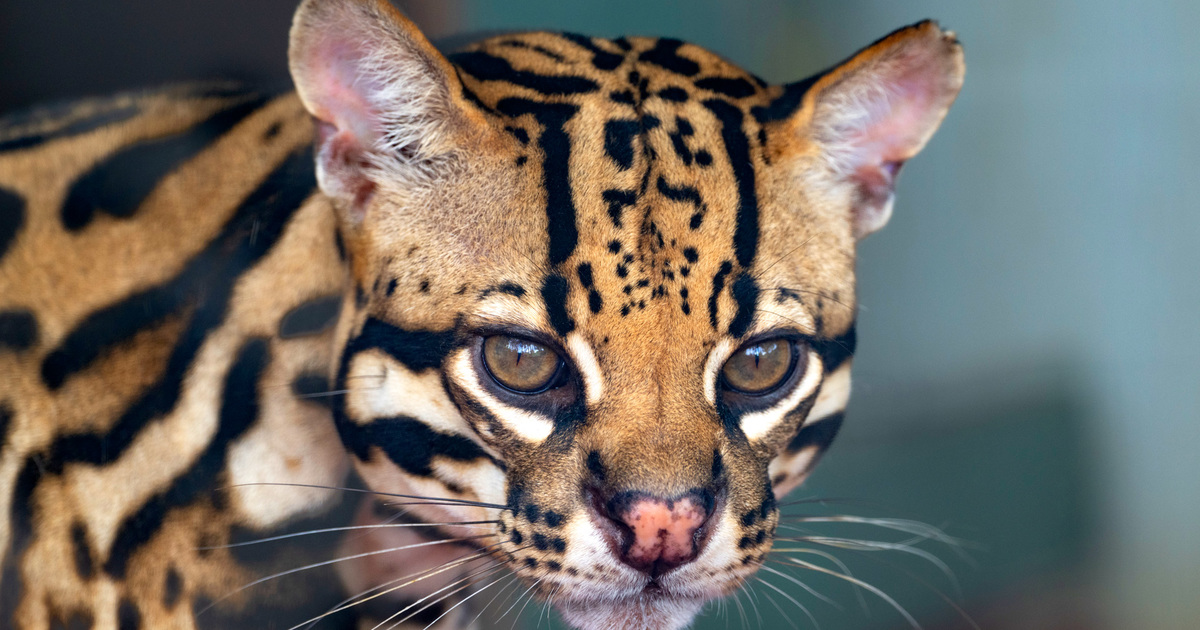
CITES
The Convention on International Trade in Endangered Species of Wild Fauna and Flora (CITES) is an agreement between the governments of more than 180 countries around the world to regulate international trade in wildlife and plants to protect species from extinction.
Enacted in 1975, CITES protects more than 38,000 animal and plant species, subspecies, and populations around the world. Some of the animals under the protection of CITES include pangolins—one of the most trafficked mammals in the world—and elephants.
CITES obligates participating governments to enact national laws to protect the listed species, and it also provides a framework for cooperation and collaboration between countries and governments.
CITES made recommendations at CoP19 for the protection of various species, including sharks, rhinos, glass frogs, and more. To find out more and learn how IFAW is helping to protect the included species, read our detailed look at CITES.
Ecological security
Ecological security refers to the concept of climate change, wildlife crime, and biodiversity loss as security issues. Not only do these issues threaten wildlife and plants, but they also threaten the security of individuals, communities, and entire nations.
Wildlife trafficking damages ecosystems, contributing to biodiversity loss and habitat destruction. When animals or plants are removed from an environment, the ecosystem becomes unbalanced, leading to potentially catastrophic consequences for people who rely on natural resources and ecosystem services.
Exotic pet
Although the term exotic pet is defined in several different ways, IFAW considers an exotic pet to be any wild, non-domesticated animal kept as a pet.
Essentially, any animal that is not a member of a domesticated species, such as a dog or a cat, would fall under the definition of an exotic pet. We’ve already mentioned some of the most common exotic pets when talking about the Big Cat Public Safety Act, with animals like tigers, lions, and jaguars all being popular choices for private collectors.
While some are bred in captivity, many species kept as exotic pets are exploited through illegal wildlife trafficking, including spider monkeys, chimps, and various tortoise species.
Keeping wild animals as pets harms animals because they are removed from their natural habitats and are often not cared for properly due to their specific and extensive needs. Owning exotic pets also poses a risk to the people who own them since these animals are not domesticated and can be unpredictable and dangerous.
To test your knowledge about exotic pets, take our quiz.
